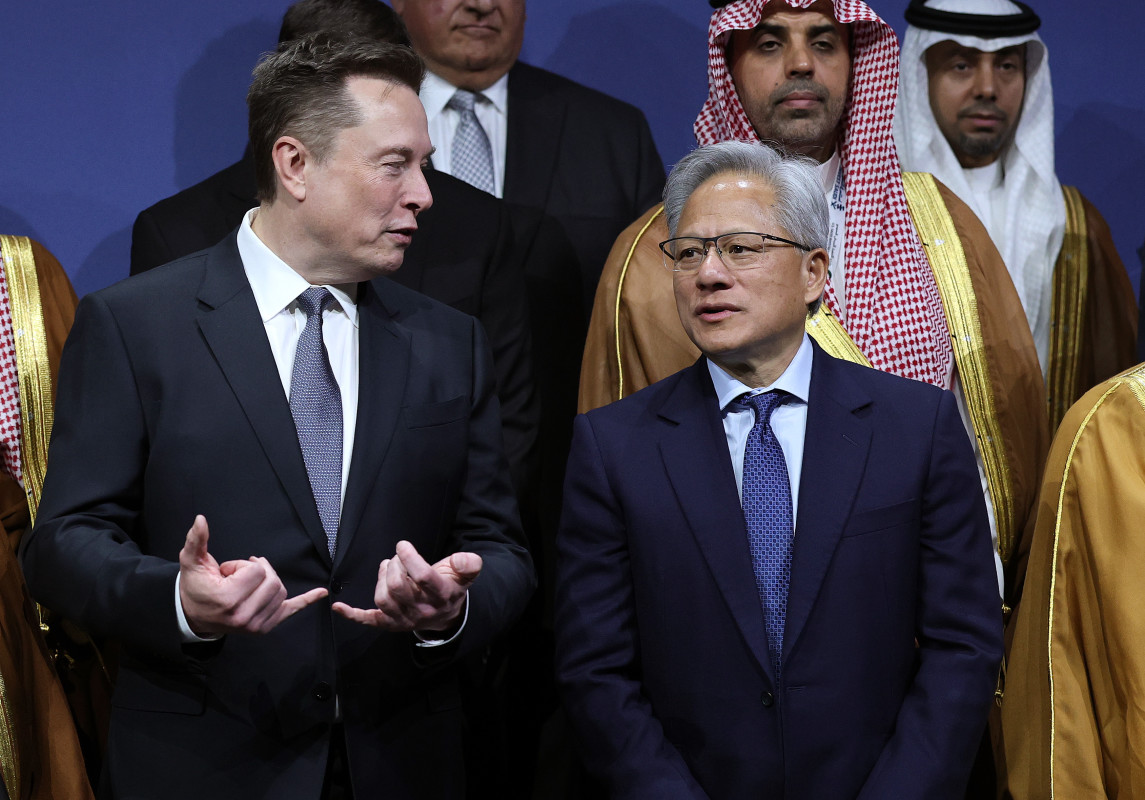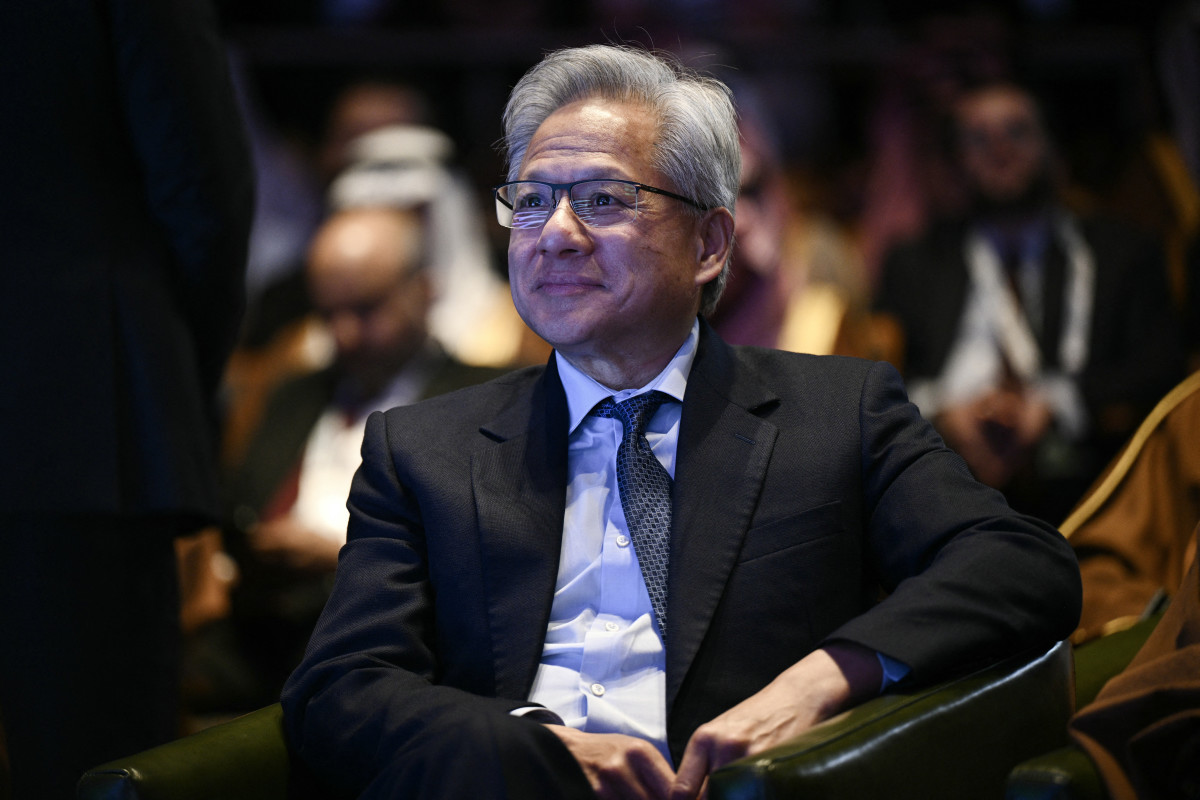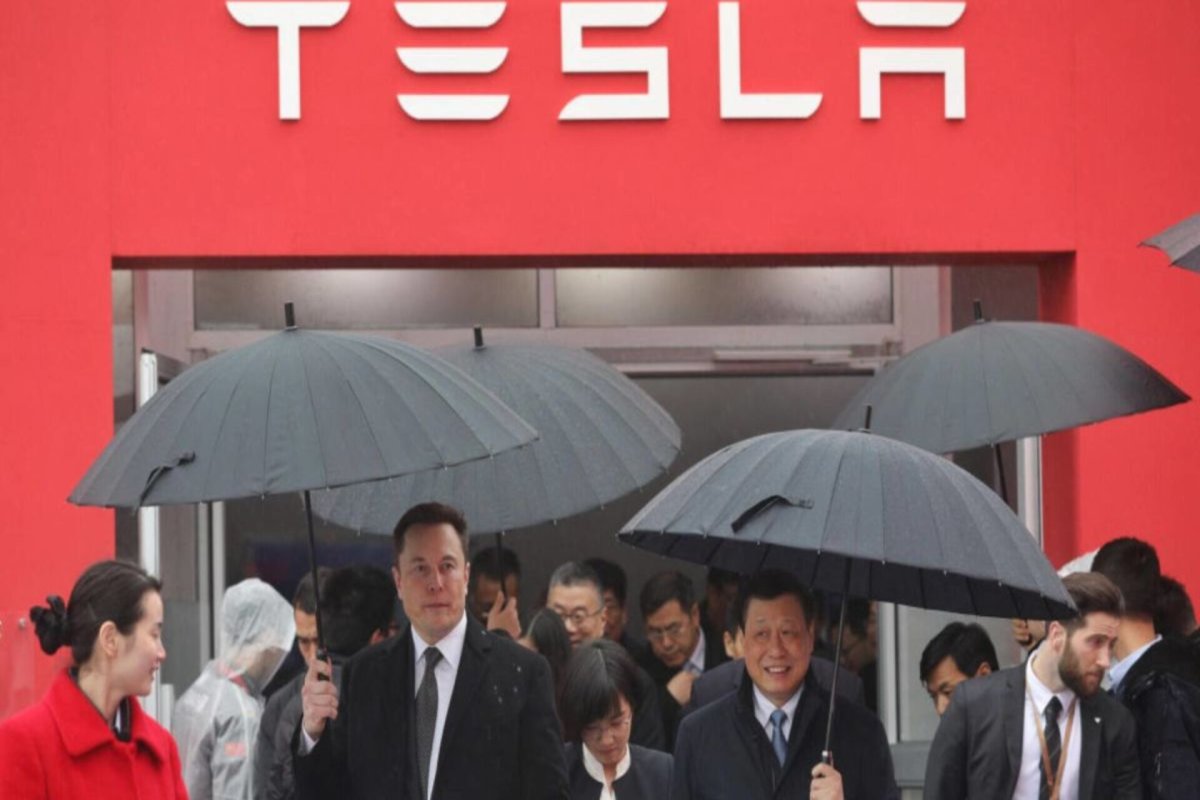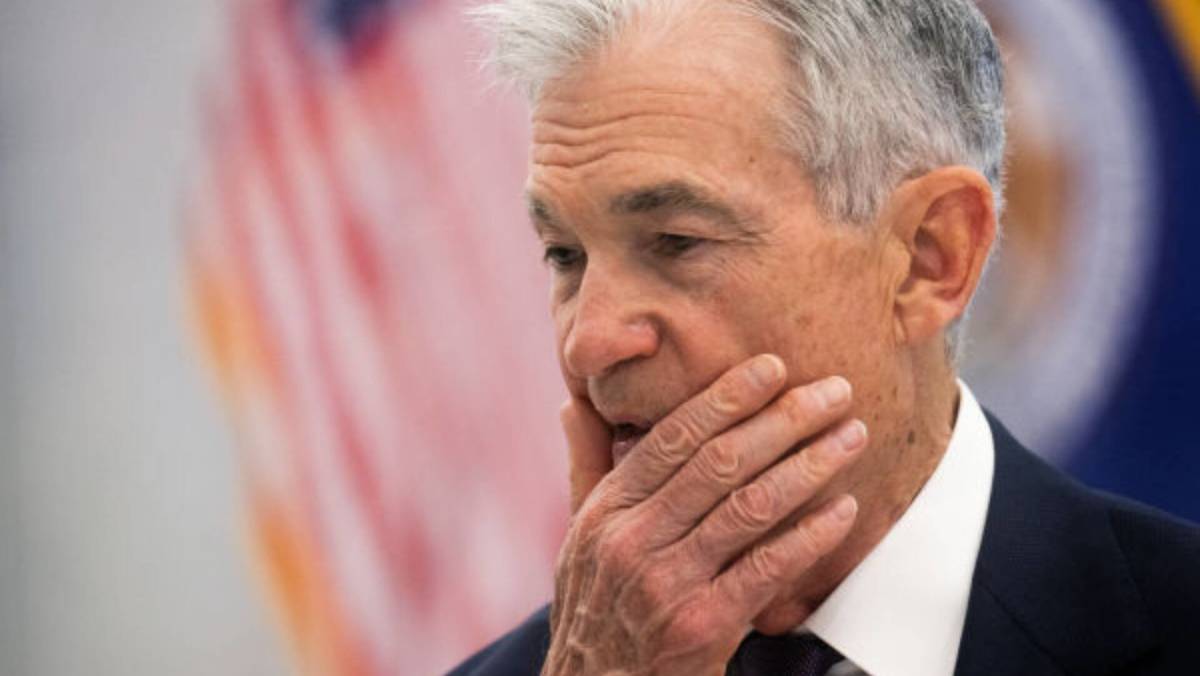Three billionaires just issued a shocking Nvidia warning
Traders watch Nvidia as sentiment on the entire AI trade shifts.

Nvidia, in many ways, is the linchpin of the AI revolution currently underway. Analysts and investors will often look at specific case scenarios of where we are when it comes to AI, but Nvidia's earnings are generally where analysts will start, circling the date in red.
However, a tiny number of top investors with very diverse attitudes and goals are now using Nvidia to show that they don't believe in the whole AI boom. They aren't arguing over whether Nvidia's processors are excellent.
Michael Burry is perhaps the most blunt of the trio, as Reuters reporting suggested. “Sometimes, we see bubbles,” he wrote in a recent post on X (formerly Twitter).
He is not the only one who shares this view. A number of prominent investing personalities around the world hold deep-seated reservations regarding the stock, which is perhaps the biggest Wall Street darling right now.
Mike O'Rourke, chief market analyst at JonesTrading, told CNN, "I think we're at a tipping point of this bubble." He warned that "very speculative" parts of the market were already starting to fall apart and might "bleed over" into AI giants like Nvidia.
Not great news. All of this is a major part of the narrative that perhaps those evaluation Nvidia's earnings need to take a step back, and look at the picture with a more holistic lens. Photo by BRENDAN SMIALOWSKI on Getty Images
Nvidia’s new role: from AI king to AI proxy
For most investors, Nvidia is still the best option to purchase AI. Its GPUs are at the core of the data centers that run OpenAI, Google, Microsoft, and a lot of other companies' testing.
That power became the stock the market's AI thermometer.
Related: Palantir fans: You’re not going to like what just happened
Some of the smartest players are now using that same stock to protect themselves, get out, or even gamble against the boom. Some of the most recent movements are:
- Michael Burry's Scion Asset Management bought more than $1 billion in put options on Nvidia and Palantir.
- Peter Thiel's Thiel Macro sold all 537,742 Nvidia shares it had, which were valued almost $100 million at the end of the quarter.
- SoftBank Group is selling its whole 32.1 million-share holding in Nvidia for around $5.8 billion and using that money to make big expenditures on OpenAI and AI infrastructure.
Different tools, different sets of rules, same message: Nvidia is no longer only the best AI company; it is also the market's AI bubble gauge.
Michael Burry: shorting the AI capex party
Before the filings hit, Burry sent a message about how he felt.
That sentence, which he wrote on X, was his first public remark in almost a year. It emerged just when AI excitement and Nvidia's stock price were at their highest.
A few days later, Scion revealed that it had more than $1 billion in put options linked to Nvidia and Palantir. This isn't just a little hedge for Burry; it's a big, clear wager that certain areas of the AI trade have gone too far.
Related: Samsung’s Galaxy S26 makes big bet on thin phones, in-house chips
He doesn't think Nvidia suddenly forgot how to make chips. It's more about what's going on behind the scenes.
He has said that huge tech corporations are prolonging the "useful lives" of AI systems on their books. This lowers depreciation costs and makes earnings appear better than they actually are.
If the AI upgrade cycle slows down or product cycles become shorter, those assumptions might change, leading to greater costs and lower returns exactly when investors are paying the most for AI exposure.
More Nvidia:
- Nvidia makes a major push for quantum computing
- Nvidia’s next big thing could be flying cars
- Bank of America revamps Nvidia stock price after meeting with CFO
That's why Nvidia is so helpful to him: It's the simplest and easiest way to bet against the concept that AI capital investment can keep growing at this rate without hurting profits.
Yet not everyone is on the same page.
Palantir CEO Alex Karp pushed back on CNBC, saying: “The two companies he’s shorting are the ones making all the money, which is super weird.” He went further, saying: “The idea that chips and ontology is what you want to short is bats**t crazy.”
That fight, a marquee bear against a core AI true believer, is what makes Nvidia a key battleground for AI.
Thiel and SoftBank: cashing out the crown jewel
Burry is the bear that makes the most noise. Thiel and SoftBank are expressing a message that is less loud but nevertheless vital.
Thiel Macro's choice to sell all of its Nvidia shares seems like typical controlled profit-taking. The firm sold its nine-figure stake just as Nvidia hit the $5 trillion mark and speculation of an AI "bubble" grew.
Thiel doesn't believe AI is just a passing trend. He has remarked that the technology is "more than a nothing burger" but "less than the total change of our society."
Related: Is Nvidia’s AI boom already priced in? Oppenheimer doesn’t think so
In other words, the narrative is true, but the existing price may already include the good news.
SoftBank's action is unusual once again. Masayoshi Son didn't simply give up on AI; he used Nvidia's profits to make a big, direct commitment on OpenAI and associated infrastructure. Nvidia turned into a type of golden ATM, where you sell the liquid winning to pay for the next part of the AI bet.
Put together, these three signals line up neatly:
- Burry treats Nvidia as the AI bubble short.
- Thiel treats it as the AI winner that’s fully priced.
- SoftBank treats it as the AI piggy bank to crack open for earlier-stage upside.
What regular investors should take away
None of these means that Nvidia is inevitably a "sell." The business is still important to AI, and Wall Street still wants its processors and software.
The ways in which smart money uses the stock have changed. Nvidia is evolving from a narrative about growth to a stand-in for the whole AI cycle, with all its potential and problems.
For those who invest on their own, it means:
- Don't simply think about Nvidia as a single firm; think of it as a leveraged gamble on AI capex. It will change according on how people feel about whether the AI expenditure boom can keep paying off.
- Don't think that making a lot of money is enough. When a company becomes a macro asset, positioning and flows may make even good quarterly performance seem small.
- Adjust the size and length of your exposure as needed. Nvidia may still reward those who are patient if the AI boom continues going. If the bubble label stays on, it can be the easiest victim.
The business case for Nvidia is still strong. Its chips are still the tools of the AI gold rush.
But the story has changed. Nvidia is no longer just the hero of the AI rally; it's now the market's opinion on whether that surge was a revolution, a bubble, or a little bit of both.
Related: The $1 billion bet: how Nokia stake fits Nvidia's AI roadmap
What's Your Reaction?




















































